How Britain got hooked on reality TV
Tuning in to watch the trials and tribulations of real-life people began long before Big Brother
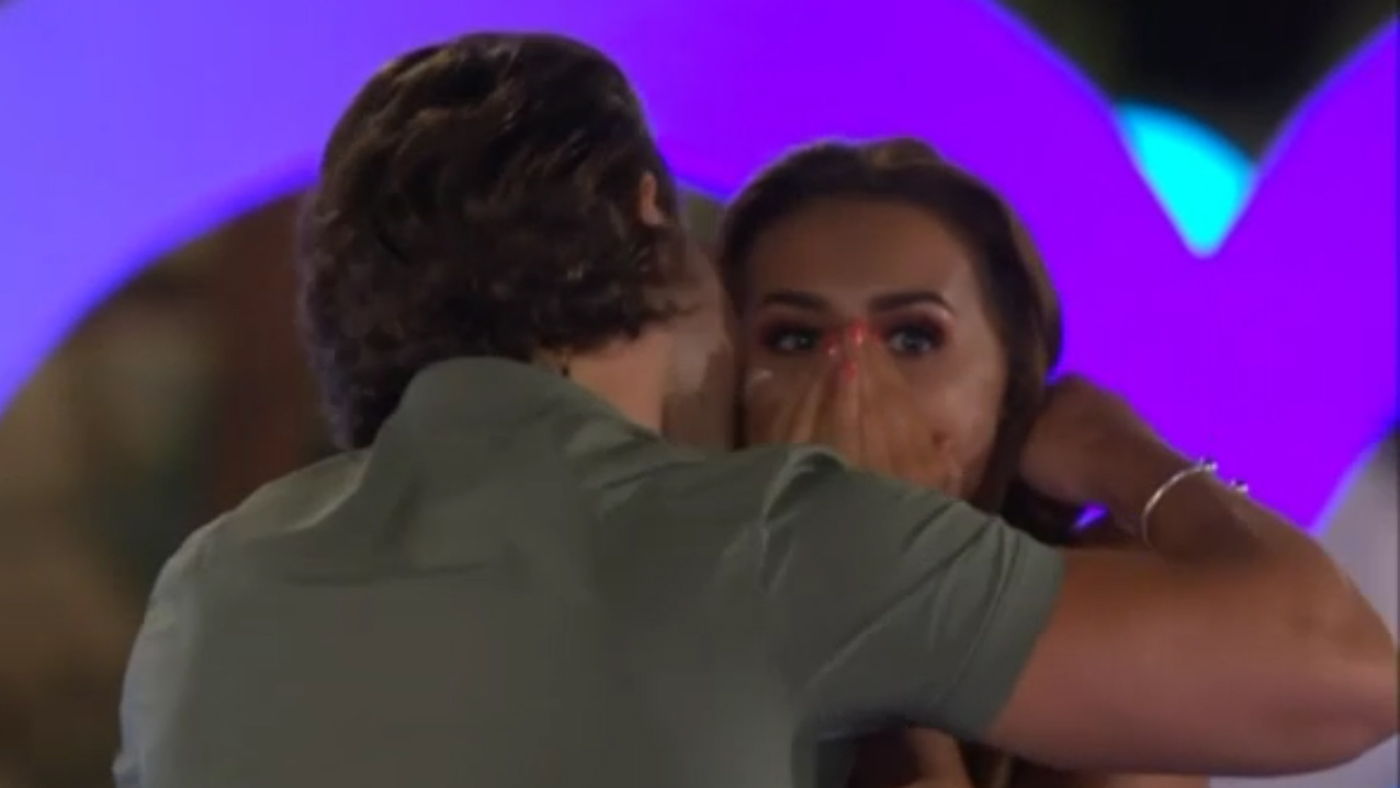
A free daily email with the biggest news stories of the day – and the best features from TheWeek.com
You are now subscribed
Your newsletter sign-up was successful
Remember Nasty Nick Bateman? The contestant-cum-villain was disqualified from the UK's first series of Big Brother for attempting to influence housemates' votes - attracting national headlines and landing Bateman a role in a Christmas panto.
Reality TV dominated the start of this century, with plenty of Nasty Nicks looking for fame.
However, comparatively low ratings have led to speculation the genre is on its way out, despite the cult-like following of Love Island.
The Week
Escape your echo chamber. Get the facts behind the news, plus analysis from multiple perspectives.

Sign up for The Week's Free Newsletters
From our morning news briefing to a weekly Good News Newsletter, get the best of The Week delivered directly to your inbox.
From our morning news briefing to a weekly Good News Newsletter, get the best of The Week delivered directly to your inbox.
So is reality TV dying? And how did it land on our screens in the first place?
Candid beginnings
"There have been [programmes] with a 'reality feel' to them since the idiot box was invented," the Radio Times reports.
US prank show Candid Camera first hit the airwaves in 1948, secretly recording the reactions of ordinary people to far-fetched situations.
A free daily email with the biggest news stories of the day – and the best features from TheWeek.com
Other observational programmes followed, including An American Family (1973), examining the impact of divorce on one family, and the police show Cops (1989), which came about partly due to the need to compensate for a lack of material when TV scriptwriters went on strike in the US, says CBS News.
In the UK, viewers were captivated by 1974's fly-on-the-wall The Family, which focussed on the lives of the Wilkins family in Reading, before giggling their way through the early 1980s with Britain's take on Candid Camera, Game for a Laugh.
This, together with the arrival of computer editing software, meant that "by...the 1990s, the reality machine was ready to hit the ground running", the Radio Times says.
Big Brother is watching...
And we were watching Big Brother - and lots of other "ordinary people".
In 1992, MTV's The Real World threw several strangers into an apartment and city chosen by producers and recorded their interactions. For many, the show was a pioneering development - fly-on-the-wall viewing, but in an engineered context.
At the time, most terrestrial channels in the UK stuck with authentic observational documentaries such as Airport and Driving School.
Two programmes are credited with changing this. The first, reports the Washington Post, was Survivor, a tamer version of Bear Grylls The Island that saw "tribes" of people compete for a cash prize by learning to survive in remote locations.
The second, of course, was the Orwellian-inspired Big Brother. First aired in Holland, it came to the UK in 2000 and the legitimacy of mass voyeurism was born.
Politician George Galloway role-plays as a doting cat next to "owner" Rula Lenska in 2006's Celebrity Big Brother, the spin-off to the original TV show.
Fighting for success
Both programmes' popularity lay in the element of competition, reports Radio Times, a formula replicated with considerable success over the next decade, from singing competitions Pop Idol and The X Factor to cook-offs such as Come Dine with Me.
Even the boardroom was a draw, with The Apprentice attracting more than eight million viewers during its heyday in 2009.
Not all reality TV shows of the time were successful, however. Channel 4's Shattered, a programme filming people as they attempted to stay awake, was condemned on mental health grounds while several others have been labelled commercial flops.
Producers even cancelled survival show Eden without telling its participants, who carried on for months believing they were becoming household names.
To regain momentum, a new sub-genre of reality TV emerged: scripted - or "constructed" - reality. Kicking off with The Only Way is Essex (Towie) in 2010, it spawned the likes of MTV rival Geordie Shore and Channel 4's Made in Chelsea.
These new shows on the box "sacrifice [some of] the reality from reality TV" in a bid to gloss over life's more tedious aspects, Radio Times says.
Are we tuning out?
The rise of Towie and the likes has fuelled criticism that today's reality TV lacks authenticity.
For some, contestants are indistinguishable from celebrities - especially when they are already famous on account of, yes, another reality show, says the London Evening Standard.
"Being famous for being famous" has sparked a debate about the example these shows set to young viewers, with critics including Labour leader Ed Miliband, journalist John Humphrys and even ex-reality contestants themselves.
Despite this, it seems our appetite for reality TV is as strong as ever.
Ratings attracted by former giants such as the X Factor have dropped in recent years, but Britain's Got Talent still pulled in some of ITV's biggest audiences in 2016, reports The Guardian.
And for every reality TV show that drops off the radar, another storms ahead. The Great British Bake Off, for example, was the most watched programme of last year, with almost 16 million people tuning in to watch Candice Brown lift the crown.

A study in 2010 found the allure of reality TV lies in the sense of community and empathy it fosters.
So long as that continues, we'll keep tuning in - making the broadcasters money. That, says Radio Times, means reality TV is here to stay.
-
 How the FCC’s ‘equal time’ rule works
How the FCC’s ‘equal time’ rule worksIn the Spotlight The law is at the heart of the Colbert-CBS conflict
-
 What is the endgame in the DHS shutdown?
What is the endgame in the DHS shutdown?Today’s Big Question Democrats want to rein in ICE’s immigration crackdown
-
 ‘Poor time management isn’t just an inconvenience’
‘Poor time management isn’t just an inconvenience’Instant Opinion Opinion, comment and editorials of the day
-
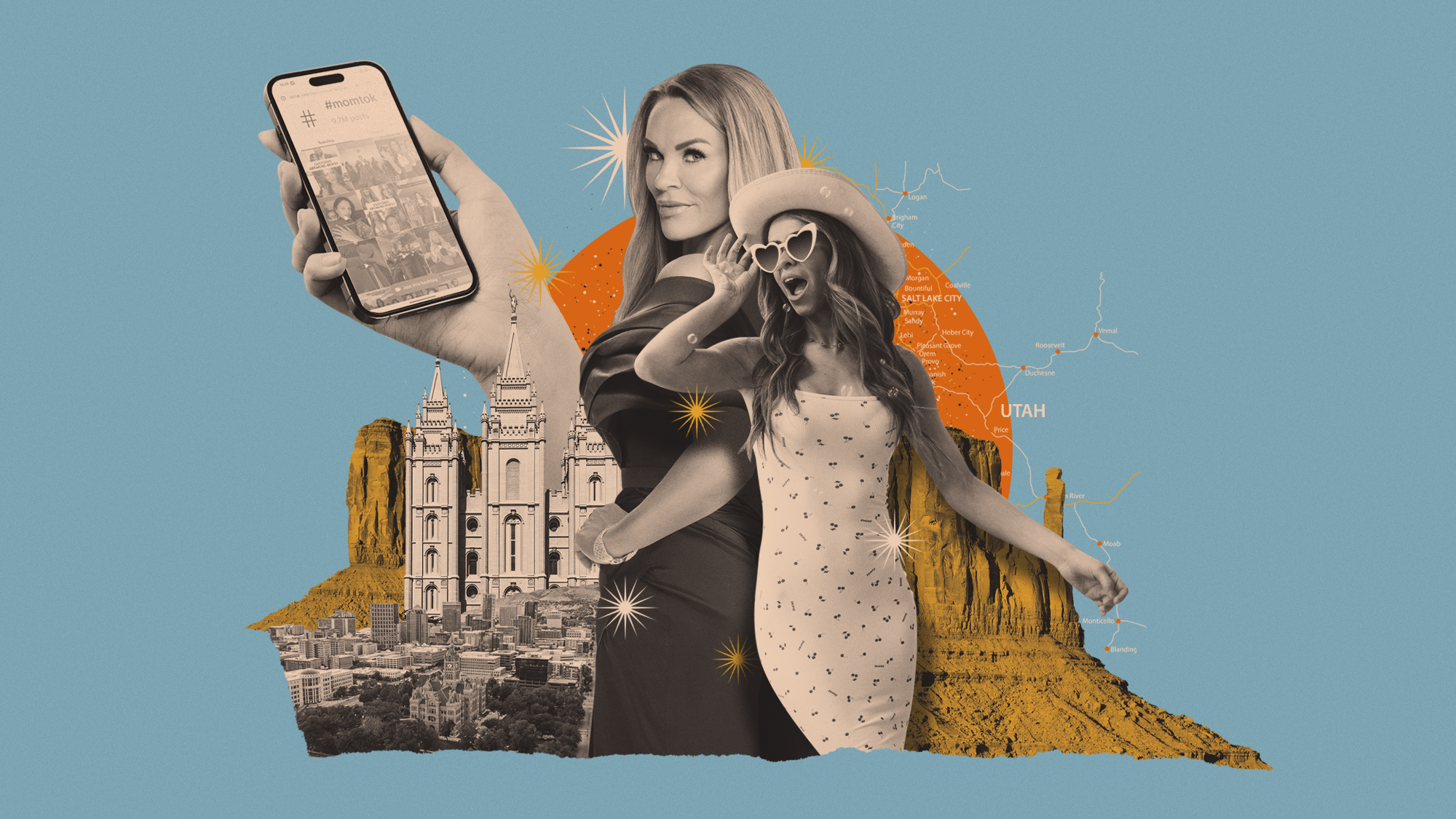 How Utah became a media focal point
How Utah became a media focal pointIn Depth In producing the stars of #MomTok and reality TV alike, Utah has emerged as a media powerhouse
-
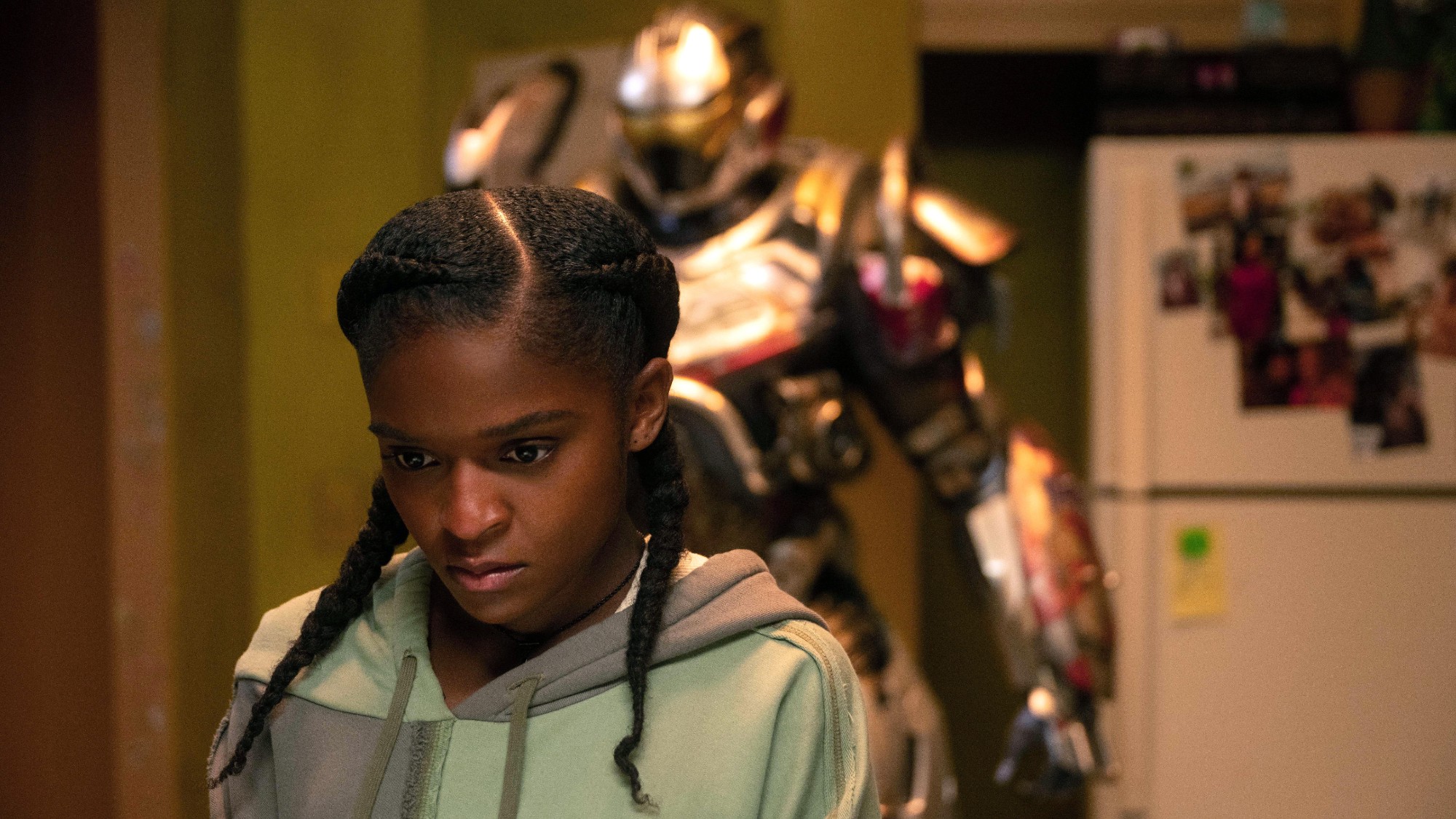 Here comes the end of 'Squid Game'! Plus more great TV shows to see this June.
Here comes the end of 'Squid Game'! Plus more great TV shows to see this June.the week recommends The next great sports comedy, a young Marvel heroine and the conclusion of 'Squid Game'
-
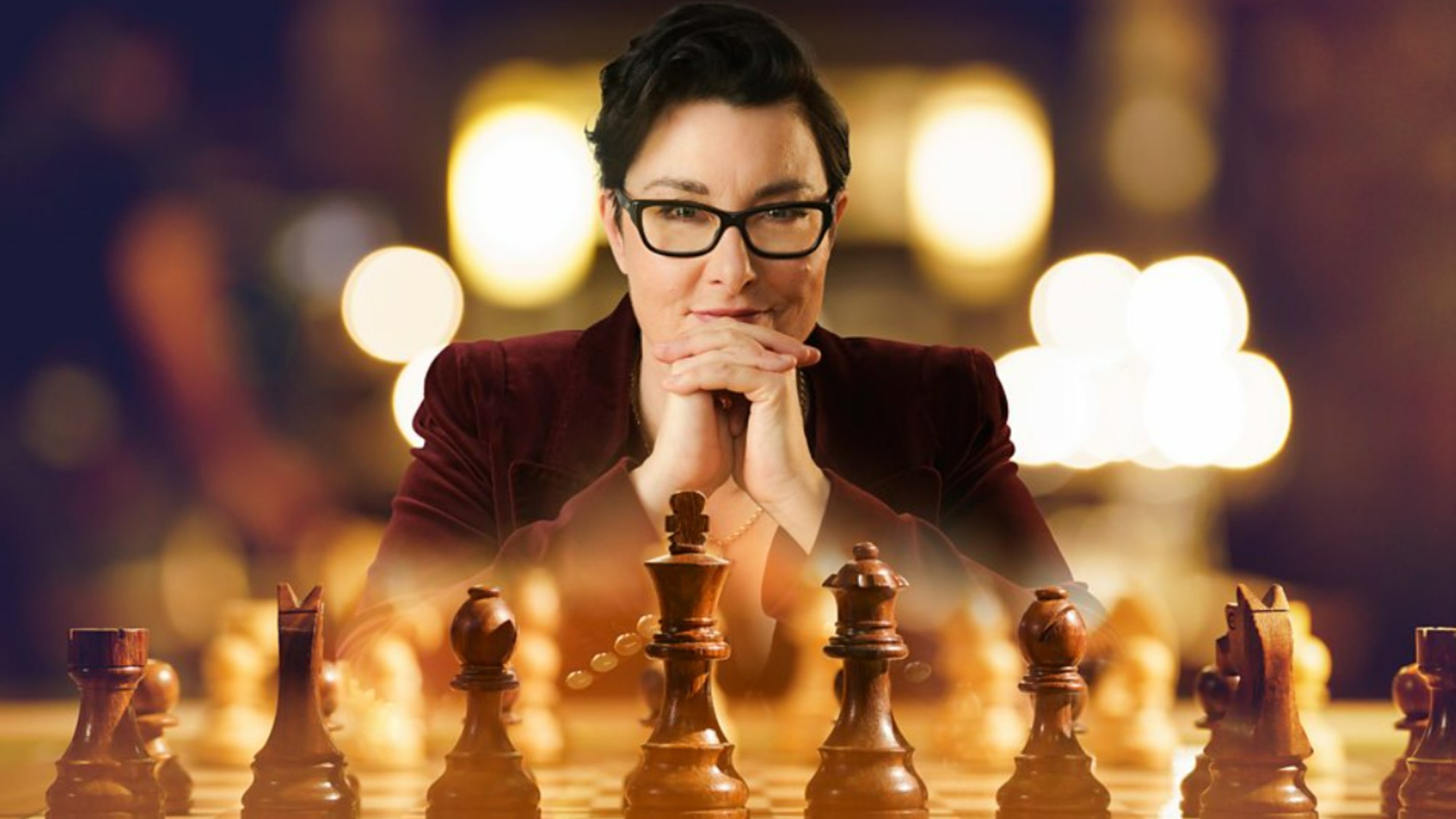 Chess on TV: a winning strategy?
Chess on TV: a winning strategy?Talking Point The popularity of chess is surging, but a new reality TV show struggles to capitalise on the craze
-
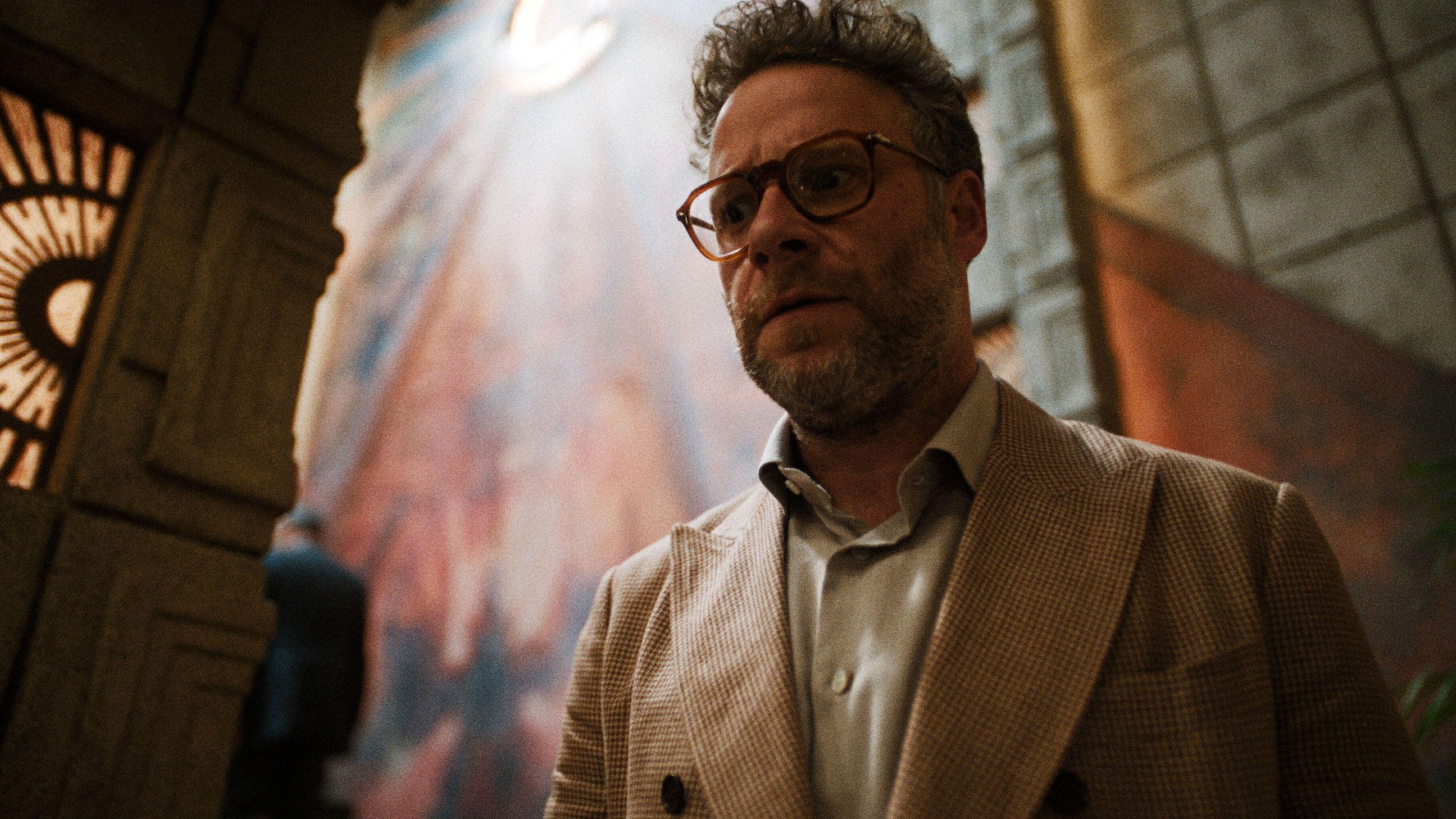 TV to watch in March, including 'The Studio' and 'Paul American'
TV to watch in March, including 'The Studio' and 'Paul American'The Week Recommends A true crime story adaptation, a reality show about the ultra-American Paul brothers and a new late night series from John Mulaney
-
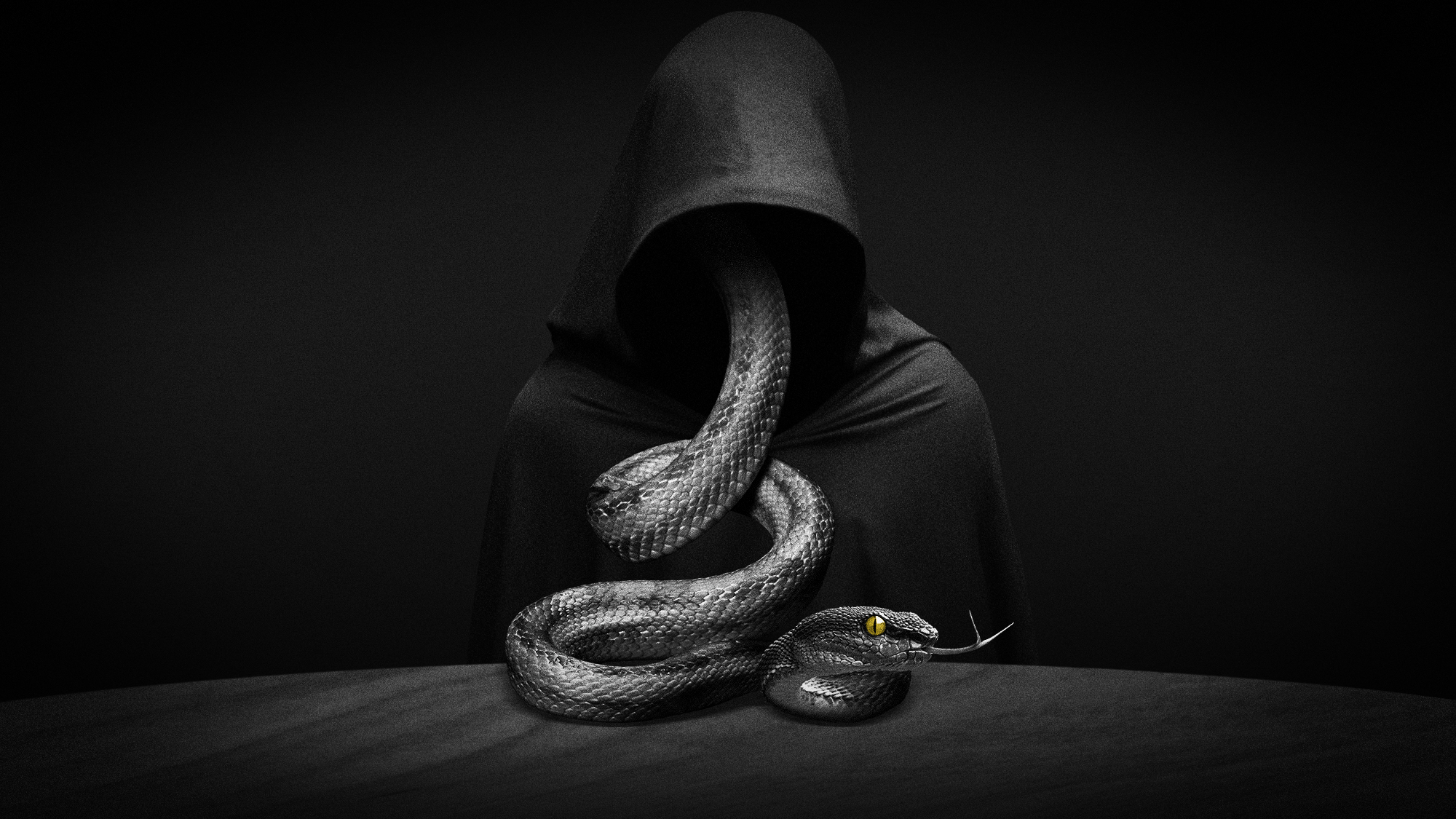 Why are we so obsessed with The Traitors?
Why are we so obsessed with The Traitors?In the Spotlight It's the BBC's most scheming, manipulative and treacherous show – and viewers can't get enough
-
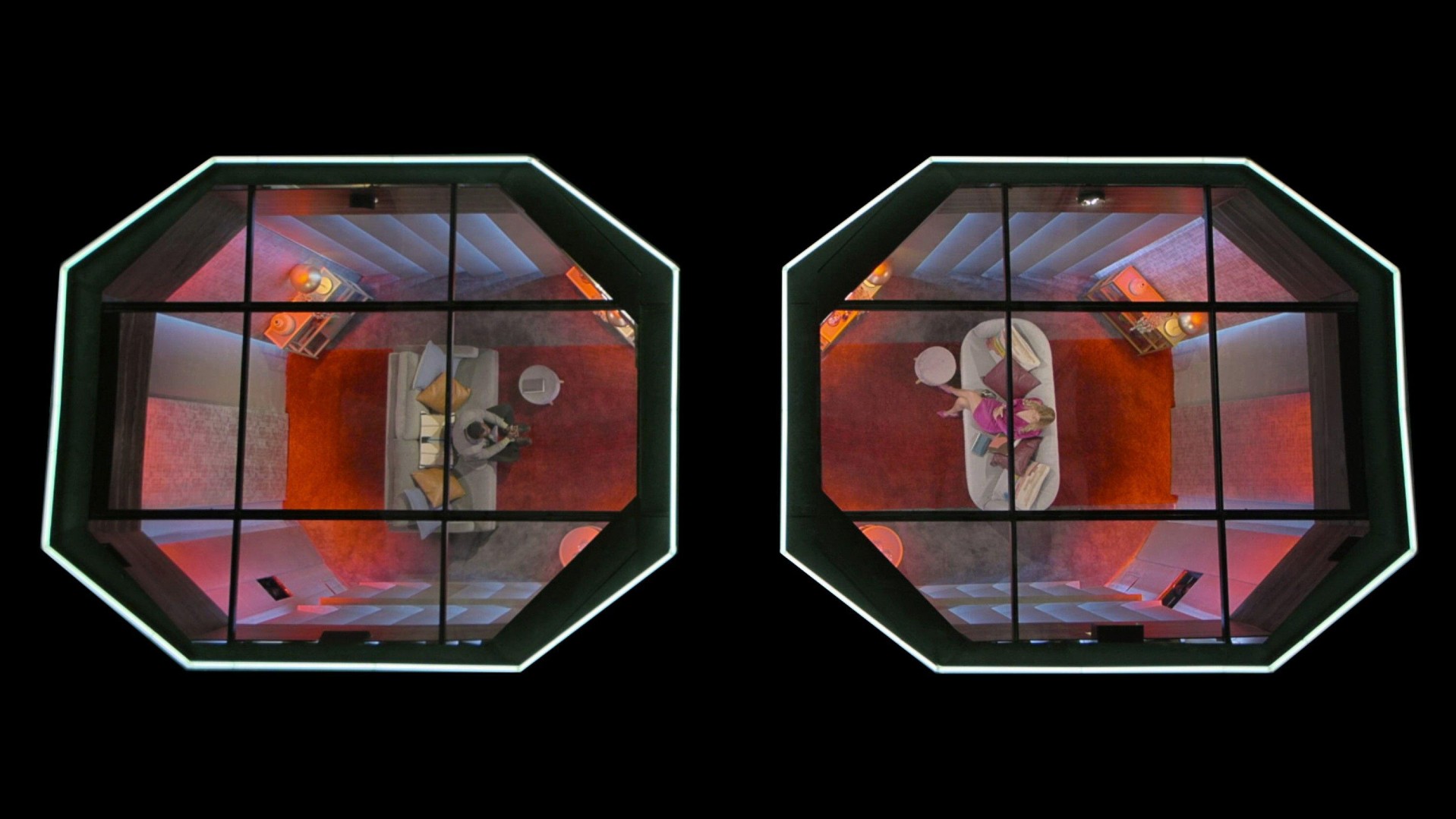 The complaint that could change reality TV for ever
The complaint that could change reality TV for everIn the Spotlight A labour complaint filed against Love Is Blind has the potential to bolster the rights of reality stars across the US
-
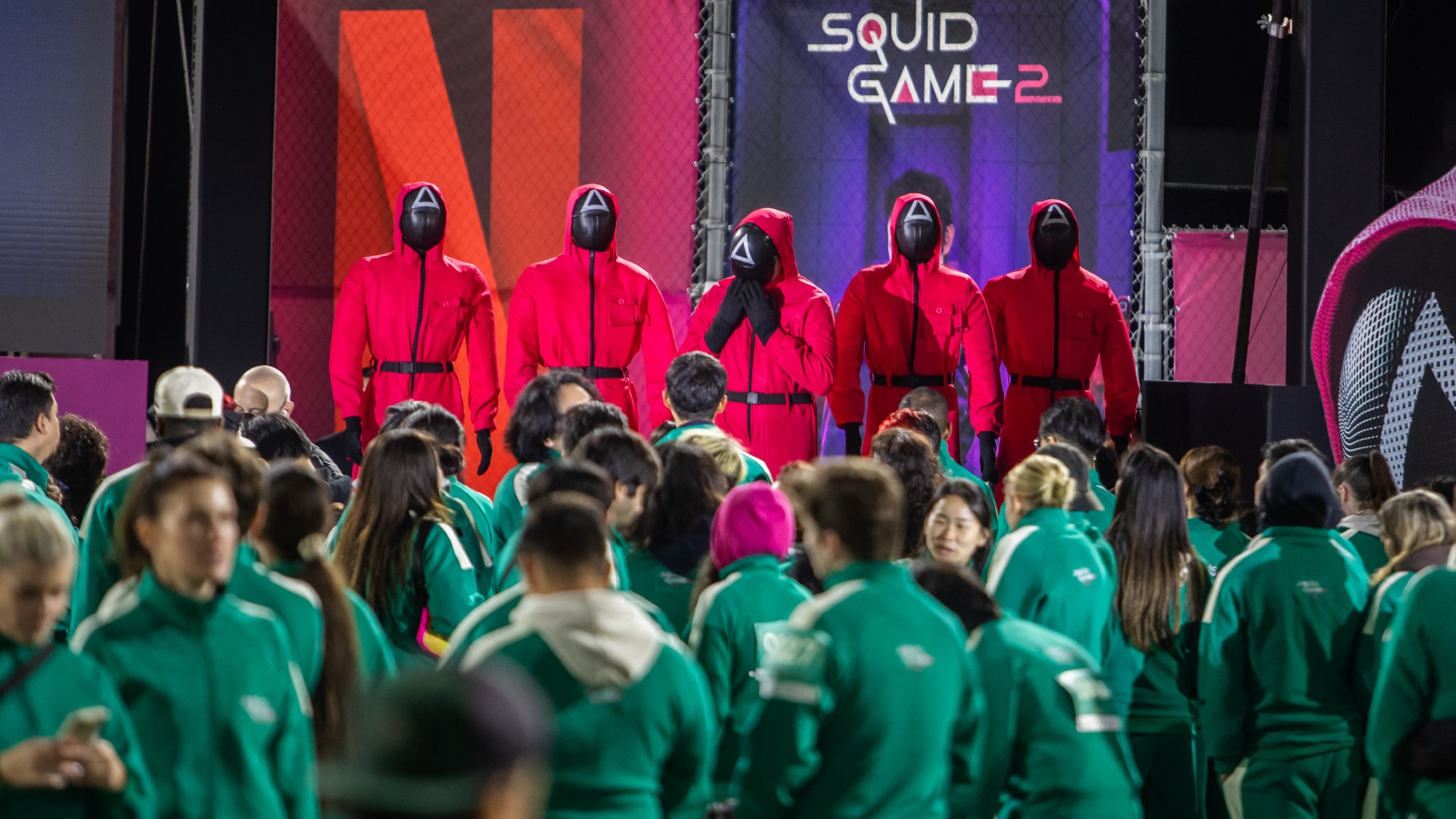 TV to watch in December, from 'Squid Game' to 'Paris & Nicole'
TV to watch in December, from 'Squid Game' to 'Paris & Nicole'The Week Recommends A pulpy spy thriller, the reunion of Paris and Nicole and a new season of 'Squid Game'
-
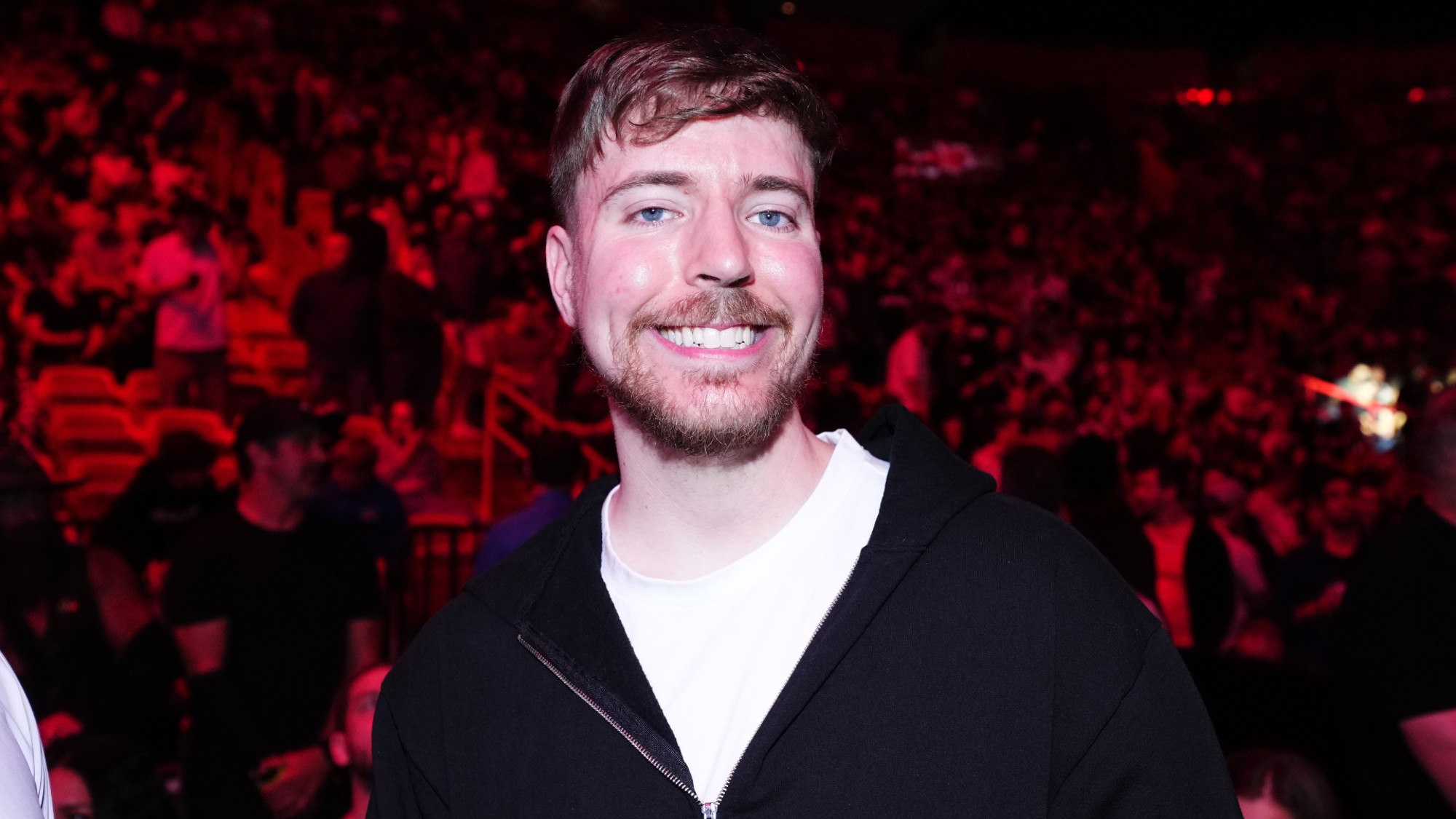 'Beast' of a lawsuit: YouTube star and Amazon sued by contestants over abuse claims
'Beast' of a lawsuit: YouTube star and Amazon sued by contestants over abuse claimsThe Explainer Can the breakout YouTube star weather a growing scandal engulfing his forthcoming reality TV competition?